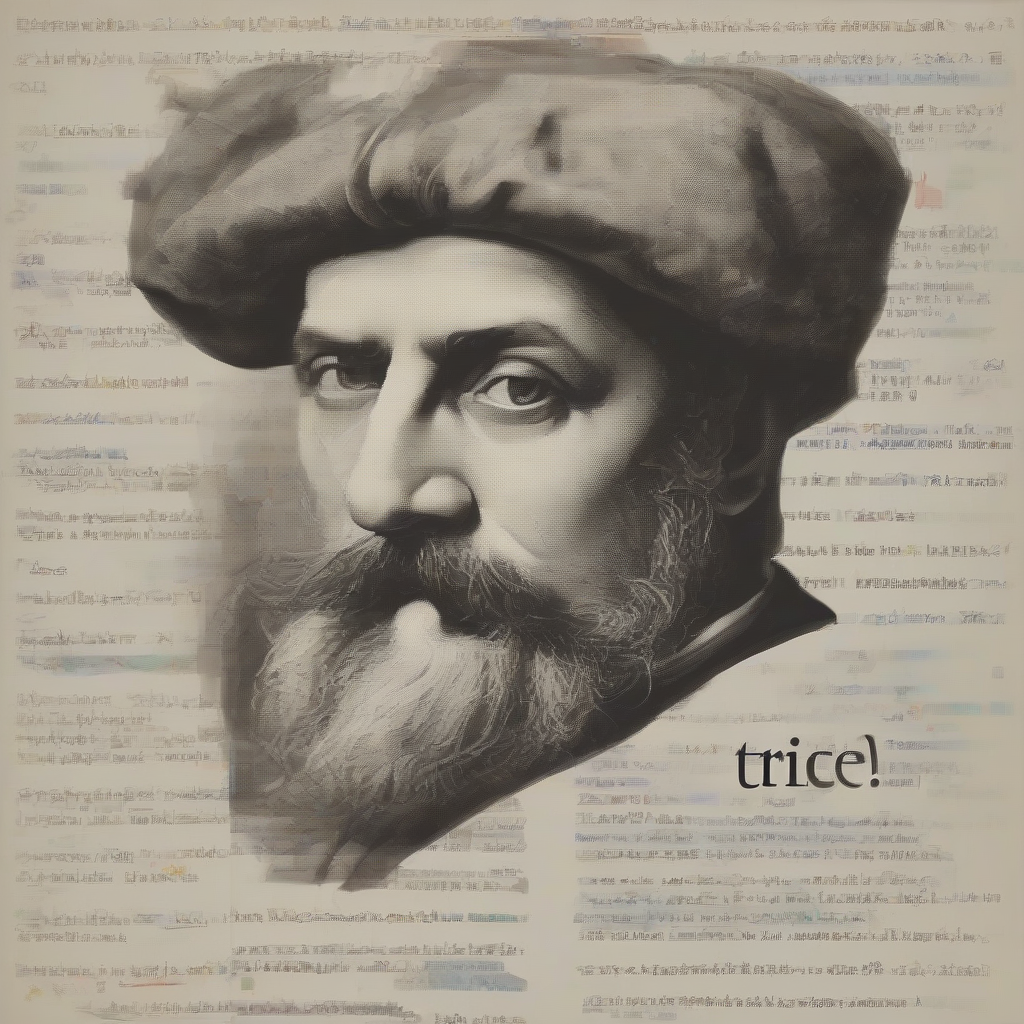Unlocking Your Potential: A Comprehensive Guide to English Masters Degrees
Pursuing a Master’s degree in English opens doors to a diverse range of career paths and intellectual pursuits. This comprehensive guide explores the various aspects of this rewarding academic journey, from program types and specializations to career prospects and application strategies.
Types of English Masters Programs
The field of English studies offers a variety of Master’s degree programs, each catering to specific interests and career goals. Understanding these differences is crucial in selecting the right program for you.
- Master of Arts (MA) in English: This is the most common type of English Master’s degree. It provides a broad foundation in literary study, critical theory, and research methodologies. MA programs often offer a flexible curriculum, allowing students to tailor their studies to their individual interests.
- Master of Fine Arts (MFA) in Creative Writing: This program is designed for aspiring writers who wish to hone their craft and develop their writing skills. MFA programs typically involve intensive workshops, individual mentoring, and the completion of a significant writing project, such as a novel or collection of poems.
- Master of Arts in English Language Teaching (MAELT) or Master of Arts in Teaching English to Speakers of Other Languages (MATESOL): These programs focus on the theory and practice of teaching English as a second or foreign language. They are ideal for individuals seeking careers in ESL/EFL instruction.
- Master of Arts in English Literature: This program offers a more specialized focus on literary studies, often requiring a deeper engagement with specific periods, genres, or theoretical frameworks. It is suitable for individuals aiming for careers in academia or research.
- Master of Science (MS) in English: While less common, some universities offer an MS in English with a focus on digital humanities or computational linguistics, incorporating technology and data analysis into the study of language and literature.
Specializations within English Masters Programs
Within the broad field of English studies, numerous specializations allow students to further refine their areas of expertise. Choosing a specialization depends on individual interests and career aspirations.
- Medieval Literature: Exploring literature from the medieval period.
- Renaissance Literature: Focusing on the literature of the Renaissance era.
- 18th-Century Literature: Studying the literature of the 18th century, including the Enlightenment period.
- 19th-Century Literature: Examining the major literary movements and authors of the 19th century.
- 20th-Century Literature: Analyzing the literary trends and significant works of the 20th century.
- 21st-Century Literature: Exploring contemporary literary trends and themes.
- American Literature: Focusing on the literary traditions and authors of the United States.
- British Literature: Studying the literary history and authors of Great Britain.
- Postcolonial Literature: Analyzing literature from formerly colonized countries.
- Creative Writing (Fiction, Poetry, Nonfiction): Concentrating on the development of writing skills in a specific genre.
- Literary Theory and Criticism: Examining the theoretical frameworks used to analyze literature.
- Linguistics: Studying the structure and function of language.
- Digital Humanities: Applying digital technologies to the study of literature and language.
Career Paths After an English Masters Degree
An English Master’s degree opens doors to a surprising variety of career paths, both within and outside of academia.
- Academia: A Master’s degree is often a stepping stone towards a doctoral degree (Ph.D.) and a career in academia as a professor, researcher, or post-doctoral fellow.
- Publishing: Skills in editing, writing, and critical analysis are highly valued in the publishing industry, leading to roles as editors, proofreaders, or literary agents.
- Journalism and Writing: An English degree provides a strong foundation for a career in journalism, writing for various media outlets, or content creation.
- Education: A Master’s degree in English can lead to positions as high school or college English teachers, or roles in curriculum development.
- Marketing and Communications: Strong writing and communication skills are essential in marketing and communications, leading to roles such as copywriters, public relations specialists, or marketing managers.
- Technical Writing: The ability to clearly and concisely communicate complex technical information is highly sought after, leading to roles in technical writing and documentation.
- Government and Non-profit Organizations: English skills are valuable in roles requiring strong writing, communication, and analytical abilities.
- Libraries and Archives: Master’s degrees in English can lead to careers as librarians or archivists, managing and preserving literary collections.
- Editing and Proofreading: Expertise in grammar, style, and clarity is crucial for roles as editors and proofreaders, working for publishing houses, educational institutions, or corporations.
Admission Requirements for English Masters Programs
Admission requirements vary depending on the specific university and program. However, common requirements generally include:
- Bachelor’s Degree: A bachelor’s degree, preferably in English or a related field, is typically required.
- Transcripts: Official transcripts from all previously attended universities are necessary to demonstrate academic performance.
- GRE Scores (sometimes): Some programs may require GRE scores, though this is becoming less common.
- Letters of Recommendation: Strong letters of recommendation from professors or other individuals who can attest to your academic abilities and potential are crucial.
- Writing Sample: A writing sample, such as an essay or creative writing piece, is often required to demonstrate writing skills and potential.
- Statement of Purpose: A well-written statement of purpose outlining your academic goals, research interests, and reasons for applying to the program is essential.
- English Language Proficiency Test Scores (for international students): International students whose first language is not English typically need to submit scores from standardized English language proficiency tests such as TOEFL or IELTS.
Funding Opportunities for English Masters Programs
Financing a Master’s degree can be a significant undertaking. Fortunately, several funding opportunities exist to help students offset the costs.
- Scholarships: Many universities and organizations offer scholarships specifically for English graduate students.
- Fellowships: Fellowships provide financial support in exchange for research or teaching assistance.
- Grants: Grants are awarded based on merit or need and can help cover tuition and other expenses.
- Teaching Assistantships (TAs): TAships involve teaching undergraduate courses or assisting professors with teaching duties in exchange for tuition remission and a stipend.
- Research Assistantships (RAs): RAships involve assisting professors with research projects in exchange for tuition remission and a stipend.
- Loans: Student loans can provide financial assistance, but it’s crucial to carefully consider the repayment terms and potential long-term financial implications.
Choosing the Right English Masters Program
Selecting the right English Master’s program involves careful consideration of several factors.
- Program Focus and Specializations: Align the program’s focus and specializations with your academic interests and career goals.
- Faculty Expertise: Research the faculty’s expertise and publications to ensure they align with your research interests.
- Curriculum and Course Offerings: Review the curriculum and course offerings to ensure they provide the necessary skills and knowledge for your career aspirations.
- University Reputation and Resources: Consider the university’s reputation, library resources, and other support services available to graduate students.
- Location and Campus Culture: Consider the location and campus culture to ensure it’s a good fit for your lifestyle and preferences.
- Career Services: Explore the career services available to help you find employment after graduation.
- Alumni Network: A strong alumni network can provide valuable career connections and mentorship opportunities.
Networking and Professional Development
Building a strong professional network and actively engaging in professional development activities is crucial for success after completing an English Master’s degree.
- Attend conferences and workshops: Networking events provide opportunities to meet professionals in your field and learn about new developments.
- Join professional organizations: Membership in professional organizations provides access to resources, networking opportunities, and career advancement opportunities.
- Seek mentorship: Mentors can provide guidance, support, and valuable career advice.
- Develop strong writing and communication skills: Continuous improvement in these fundamental skills is vital for success in various careers.
- Build an online presence: A strong online presence can help showcase your skills and experience to potential employers.




